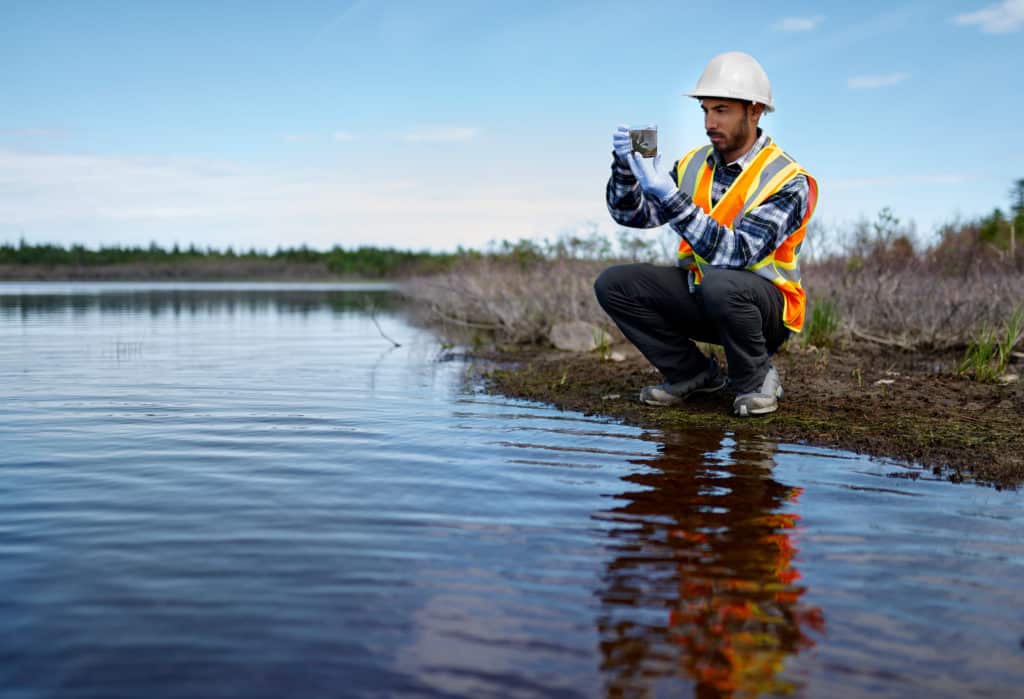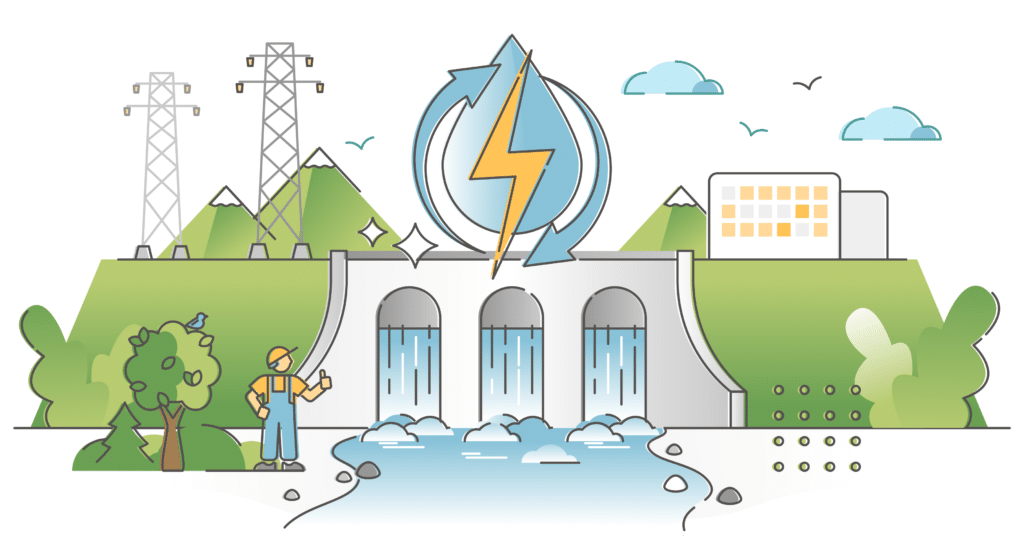

The Real Impact of Environmental Engineering
As humans, we’ve always engineered our environment to some extent. From the early days of civilization and finding ways to safely acquire freshwater… to building cesspits to collect wastewater and sewage to prevent water pollution. We’ve always placed great importance on the safety and health of our communities, surroundings, and the environment.
As technology advances and we do more research, we still realize the importance of sustainability and combating the effects of climate change. We must best protect the environments we’ve worked so hard to engineer and develop.
While it’s important for us as individuals to consider the impact our choices have on the environment, it’s arguably more important for businesses and corporations to consider their impact. One way we can ensure that businesses, corporations, and individuals continue on the path of sustainability is to support and promote environmental engineering.
In this blog post, we’ll discuss what environmental engineering is, what environmental engineers do and the role this area of engineering plays in the improvement of our environment.
What Is Environmental Engineering?
The discipline of environmental engineering requires using engineering principles, the study of soil and biology, and chemistry to solve environmental problems. Environmental engineers have many different responsibilities, but one of the most important is to prevent pollution and contamination of the air, water, and soil to improve the environment.
Environmental engineering has been around since the very beginning of civilization. People have always needed clean water and safe ways to dispose of solid waste and sewage. And as farming, manufacturing and cities grew, air, water and soil pollution and contamination became important areas for environmental engineers to address, too.
What Do Environmental Engineers Do?
Environmental engineering has changed a lot over the years, as new issues have come to light and needs have evolved. Environmental engineers promote healthy environments and keep people and animals safe from pollutants and contamination. If the presence of toxic contaminants is found, the environmental engineer will work to track them back to the source. If a business is at fault, the environmental engineer partners with the business to determine how pollutants can be disposed of safely, minimized or eliminated.
In addition to this work, environmental engineers also study the effects of climate change and work to combat them.
The Responsibilities of an Environmental Engineer
It’s critical for people to have access to clean water—and something many of us often take for granted. To ensure that the everyday person has access to clean water, environmental engineers’ work often involves responsibilities like managing wastewater and
redirecting it from homes and businesses via sewer systems so that it can be treated at a water treatment plant and safely reused. If there are any pollutants or toxic contamination evident, an environmental engineer will be tasked with tracking it down to the source and working to eliminate or treat it.
Environmental engineers also play an important role in managing water when droughts or floods happen, as they help ensure that fire risks are reduced and food supplies are able to be adequately maintained. In addition to these responsibilities, professionals in the field and environmental engineering firms may also specialize in or provide the following services:
- Solid Waste Management
- Hazardous Waste Management
- Water Supply Management
- Wastewater Management
- Air Pollution Management
- Sewer System Design

Environmental Engineering Today
Environmental engineering focuses on the future and the health of people, animals, and the planet, but it also directly impacts our day-to-day lives. When you drink clean water, a professional environmental engineer was involved. If you work in a green or sustainable office building, an environmental engineer was likely involved in the urban planning and architecture of the building.
As life expectancies continue to increase and living conditions improve, populations will continue to grow, and so will our demand for natural resources. Our real impact on the environment around us and natural systems is only going to continue to become increasingly evident in the future. Now more than ever, it’s clear that the work environmental engineers do is critical for us to maintain a safe and healthy society and environment.
Environmental Engineering at Carroll Engineering
The importance of protecting our air, water, and soil is clear. Without environmental engineers in our local communities, we wouldn’t have clean water to drink, waste disposal we can count on, or good air quality.
We understand the critical role that the environmental engineers at Carroll Engineering play in the areas we serve. Whether you’re looking to design a new facility, need assistance rehabilitating an existing one, or require lead-based paint management, the environmental experts at Carroll Engineering can help you. To learn more about our environmental engineering services and to view featured projects, learn more about our Environmental Engineering services.
Ready to get started on your next project? Contact us!
